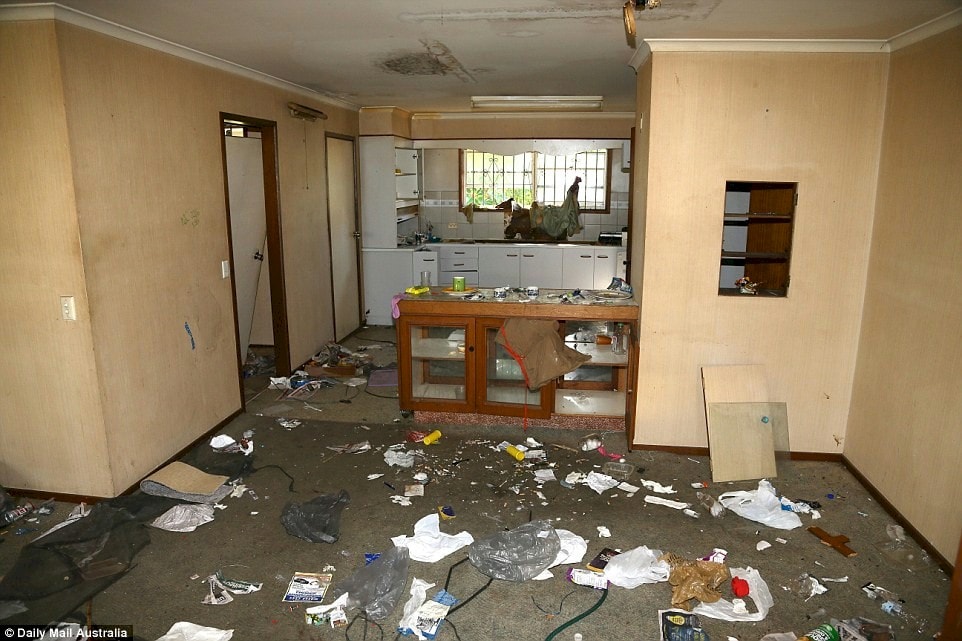Landlords: What to put in tenancy agreements
A recent law change means tenancy agreements must be in writing. Here’s what you can and can’t include — plus details of the new rules for insulation and fire alarms in rental properties.
Put it in writing
A written tenancy agreement is a great foundation for a stable tenancy — and it’s now a legal requirement. It sets out the rights and responsibilities of both landlord and tenant, reduces the risk of future misunderstandings, and keeps you on the right side of the law.
All new tenancies must have a written agreement —signed by both landlord and tenants — setting out important details, including:
- full names and contact addresses
- address of the rental property
- date tenancy begins — and ends, if it’s for a fixed term
- bond to be paid, if any
- rent amount and frequency of payments
- any chattels, eg furniture or appliances, provided by the landlord
- information about insulation in the ceilings, floors, or walls
Even if you don’t put your agreement in writing, the Residential Tenancies Act applies. This means you and your tenants must still do what’s required by law.
If you add any clauses or conditions, make sure these are in line with tenancy law. It’s fine to say “no pets” or to write down the maximum number of people who can live at the property. But you can’t insist the tenant has the carpets commercially cleaned when they move out.
Of course if you use our services, we’ll take care of everything for you.
TIP: Give a copy of the signed agreement to your tenant before they move in.
Other new rules
Changes to the Residential Tenancies Act (RTA) also mean landlords must fit the following in their residential rental properties:
- working smoke alarms
- insulation in the ceilings and under floors by July 2019
If your property doesn’t have insulation — or if the current insulation doesn’t meet the new standards — talk to your tenant about the right time to get it installed or upgraded.
If you are a landlord you need to make sure you are complying with your legal obligations.
There can be a lot to remember if you are in the business of being a landlord. Making sure that you meet your obligations under tenancy law can help in avoiding any problems during the tenancy.
Again, using a competent Property Manager like Investment Rentals will ensure your property is compliant.
Call us on (09) 527 3980 or (021) 357 109 for a no obligation chat today.








